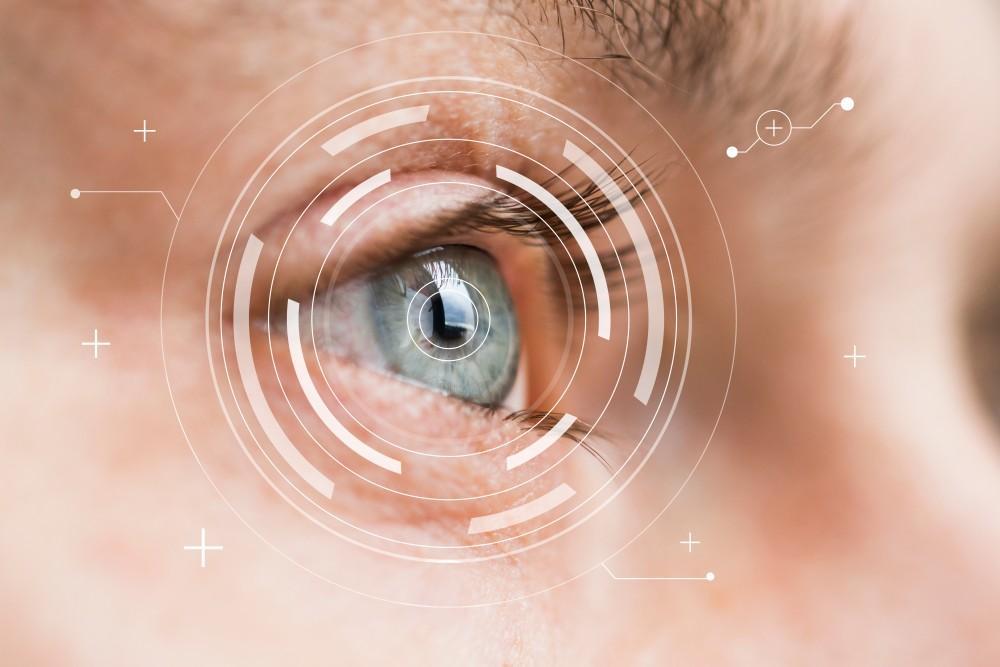
How Contact Lenses Can Correct Your Cornea

Vision problems are a very common issue, affecting people of many different age groups. While 12 million people over 40 have been diagnosed with some sort of eye disorder, it also affects nearly 7% of people under 18.
Many of these conditions are caused by problems with the curvature of the eye’s cornea. The cornea plays a vital role in eyesight. It’s the clear surface in front of the iris and the pupil of the eye and allows light to enter the eye. It also plays a significant role in helping your eyes focus.
Issues with the shape of your cornea, such as astigmatism or keratoconus, are common causes of vision problems. While contact lenses are a common way to correct vision, conventional contact lenses may not fit you comfortably if you have a misshapen cornea. However, specialty contact lenses can fit your eye properly and, in some cases, correct corneal problems.
Dr. Stephen Khachikian is an experienced ophthalmologist serving patients in the Rapid City, South Dakota area who has helped many patients with conditions affecting the cornea.
How does curvature affect the cornea?
The shape of the cornea helps to determine how well your eye focuses on objects from multiple distances. An abnormally curved cornea can affect how clearly people see and how well the eye refracts light, which affects distance vision.
The curvature of the cornea can be affected by many things including genetics, other health conditions (such as diabetes) and age. One of the most common refractive errors is astigmatism, where the cornea or lens of your eye is irregularly shaped. The shape of the cornea may also change due to progressive conditions like keratoconus, where the cornea becomes thinner and bulges in the shape of a cone.
In the past, contact lenses weren’t an option for many people with misshapen corneas. Thankfully, there are now several specialty lens options that can fit comfortably and correct your vision if you have a corneal condition.
How do contact lenses treat the cornea?
Contact lenses are placed directly on your eye and help to refocus the light that comes into the eye. This works to heighten or lessen the focus of the cornea, making it easier to control light refraction which controls how we see.
There are different types of contact lenses. Soft lenses are more comfortable and take a fairly short amount of time to adapt to. They can be worn and disposed daily or made to last up to a month.
If you have a low degree of astigmatism, you may be able to wear conventional soft contacts. If your astigmatism is more severe, toric contact lenses are a type of soft lens that can help. Because astigmatism causes varying levels of nearsightedness and farsightedness in different parts of the eye, toric lenses have multiple powers to correct vision in each part of your eye.
Rigid gas-permeable, or “hard” lenses, are a common choice for people with keratoconus and other corneal dystrophies. Scleral lenses are a type of specialty lens that fit over the entire white part of your eye (the sclera), correcting irregularities and creating a smooth, round surface.
What types of contact lenses help?
Certain corneal conditions will require specialized lenses. The lenses include:
Hybrid lenses
This is a combination of soft and rigid lens, having a gas permeated center but being surrounded by a soft out ring. It can help myopia, hyperopia, astigmatism, age related vision loss (presbyopia) and keratoconus.
Multifocal lenses
These are designed to treat myopia, hyperopia and presbyopia simultaneously. Made from many different materials.
Scleral lenses
A larger lens designed to cover the whole sclera (the outer white layer of the eye) and made specifically to treat issues with the curvature of the cornea.
Orthokeratology
A special type of rigid gas-permeable lens that temporarily helps to shape the curve of the cornea while you sleep. Referred to as the equivalent of dental braces for the eyes, it is often used to help with myopia.
Other conditions can be helped with other specialized lenses, but the standard methods of care for contact lenses as prescribed by a physician are also helpful, as wearing certain types of lenses too long can result in damage or irritation to the cornea.
So if you’re dealing with these or other corneal conditions that are affecting your vision, make an appointment with Dr. Khachikian to get the specialized help you need.
You Might Also Enjoy...


I’m Not a LASIK Candidate. What About PRK?

Telltale Signs Your Eye Problem Is a Cornea Issue

Why Are Cataracts Common In Seniors?

Can You Prevent Keratoconus From Getting Worse?


